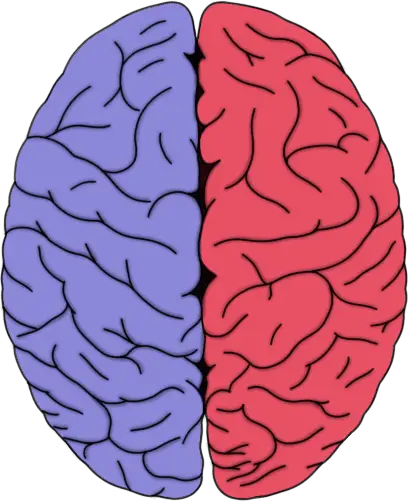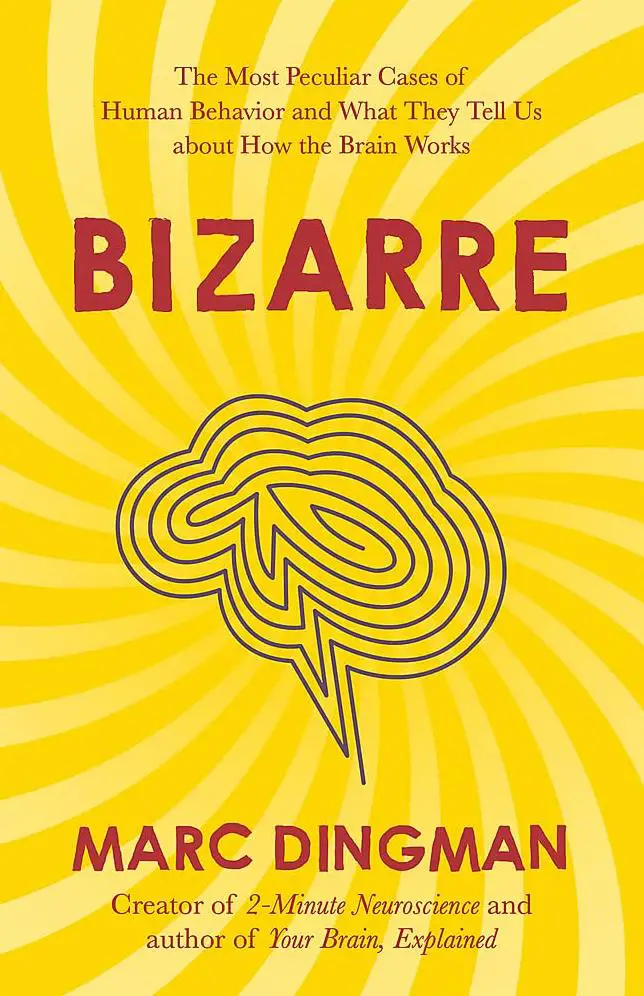Warning to Homophobes: Don't Drink With Fruit Flies
It’s common knowledge that drinking alcohol can lower our inhibitions, causing some of us to occasionally do things we regret the next sobering (in more ways than one) day. One common cause of alcohol-induced remorse is the weakening of sexual restraint. It can lead to a sexual liaison with someone you normally wouldn’t consider sharing your bed with, whether it be a co-worker, friend, or someone you’re just plain not attracted to (hence the scientific term “beer goggles”). While all of this is common knowledge, scientists don’t really understand why it happens. So a group of researchers at Penn State is attempting to make sense of it by studying Drosophila melanogaster, more commonly known as the fruit fly.
It may seem strange to study a fruit fly to gain a better understanding of human beings. Fruit flies, however, have been an integral part of science since the beginning of the twentieth century. At that time Thomas Hunt Morgan was trying to comprehend Gregor Mendel’s pea plant experiments. He wanted to figure out what molecular mechanisms could be responsible for inheritance. One reason he chose to study fruit flies is they produce a new generation about every two weeks. While Mendel had to wait a year for traits to be passed down from his pea plants, Morgan could go through over twenty generations in that time. Morgan had set out to prove Mendel wrong, but ended up winning the Nobel Prize in 1933 for demonstrating that inherited information was passed down on chromosomes (confirming Mendel’s hypothesis of inheritance).
Drosophilas have been widely used in science ever since. Their quick rate of reproduction allows researchers to make genetic manipulations and study the effects shortly after. In addition, the genome of the fruit fly has been sequenced, and surprisingly they share up to 77% of disease-causing genes with humans. These include genes for Parkinson’s, Huntington’s, and Alzheimer’s disease. Their similarity to humans makes them popular for genetics research, but our good understanding of the Drosophila genome has also made them common subjects for studying behavior. Fruit flies have been used to study (among other things) memory performance, longevity, sexual orientation, and alcohol and drug abuse.
The team at Penn State gave fruit flies a daily dosage of ethanol (the intoxicating agent in alcohol) and observed the results. They saw that ethanol increased male fruit fly courtship of females, as would be expected. But to their surprise, they found it also resulted in increased instances of inter-male courtship. Inter-male sexual relations rarely happen in Drosophila without the influence of ethanol, but with ethanol the tendency for them to occur rose steadily after the first few encounters. The researchers studied the molecular mechanisms behind this behavior and found a couple of factors, one being dopamine transmission, that were necessary for the decreased sexual inhibition. The study wasn’t undertaken to examine homosexuality in fruit flies (although researchers in the past have identified a gene, called fruitless, that can be manipulated to cause homosexual behavior), but to find a physiological basis for sexual disinhibition. The results are something future researchers can build upon to understand not only why we sometimes wake up next to a face we are surprised (or mortified) to see, but--more importantly--why more unprotected sex and sexual assault occurs when alcohol is involved.


